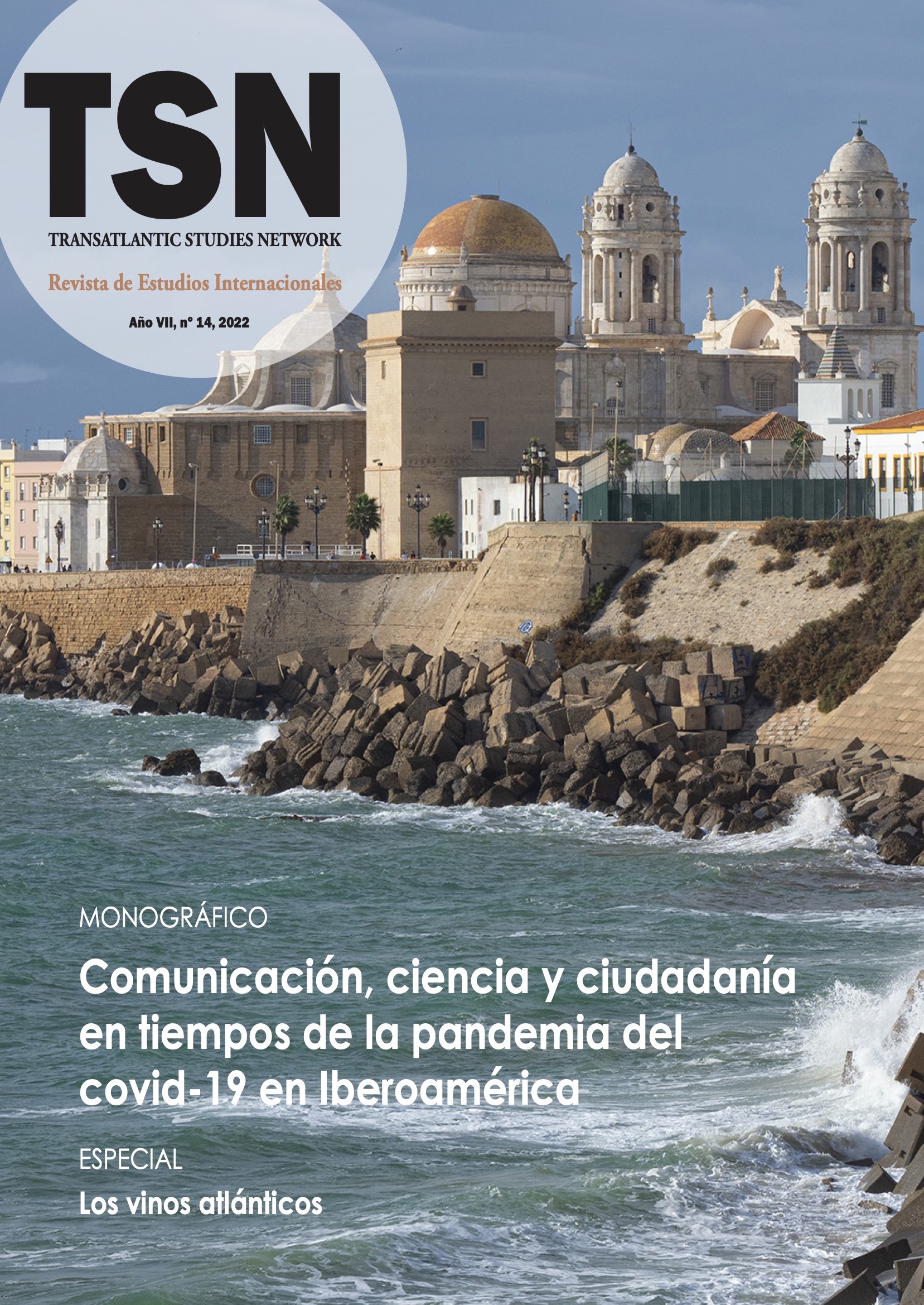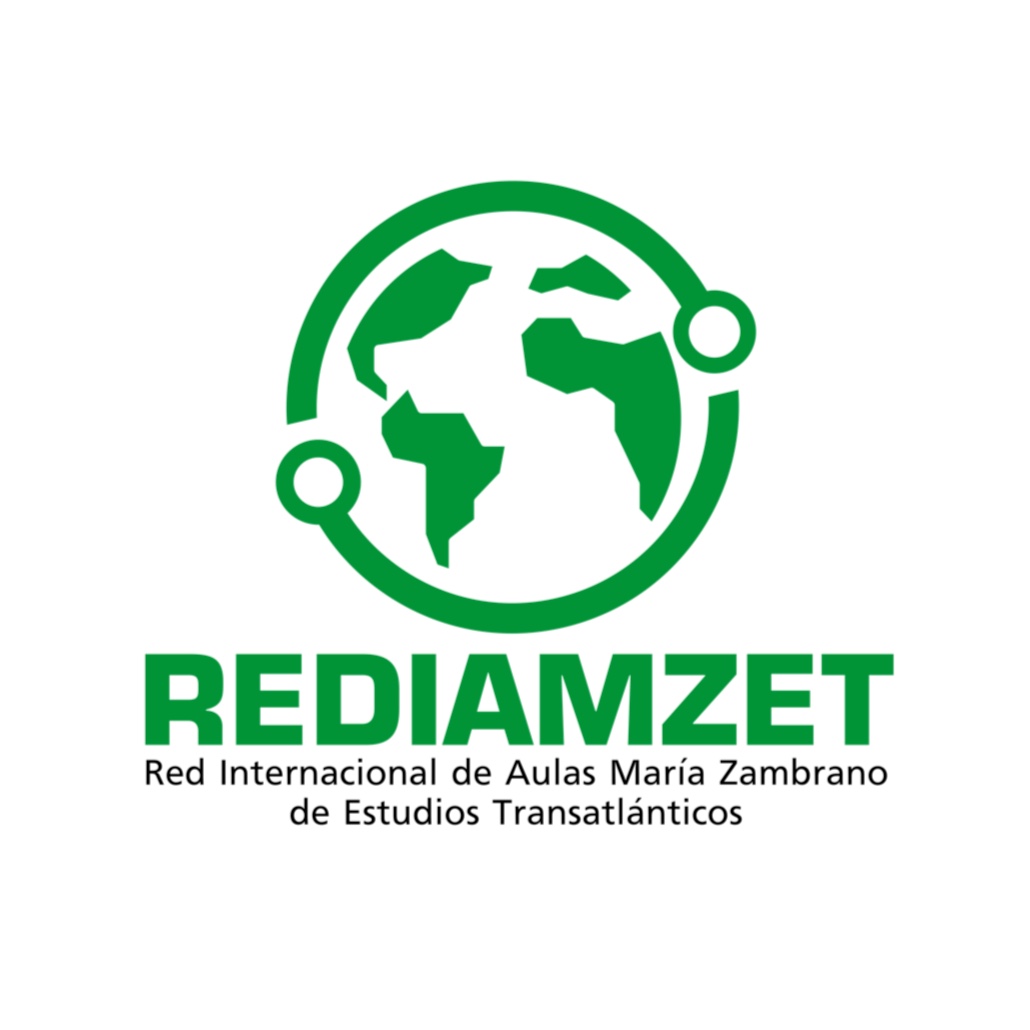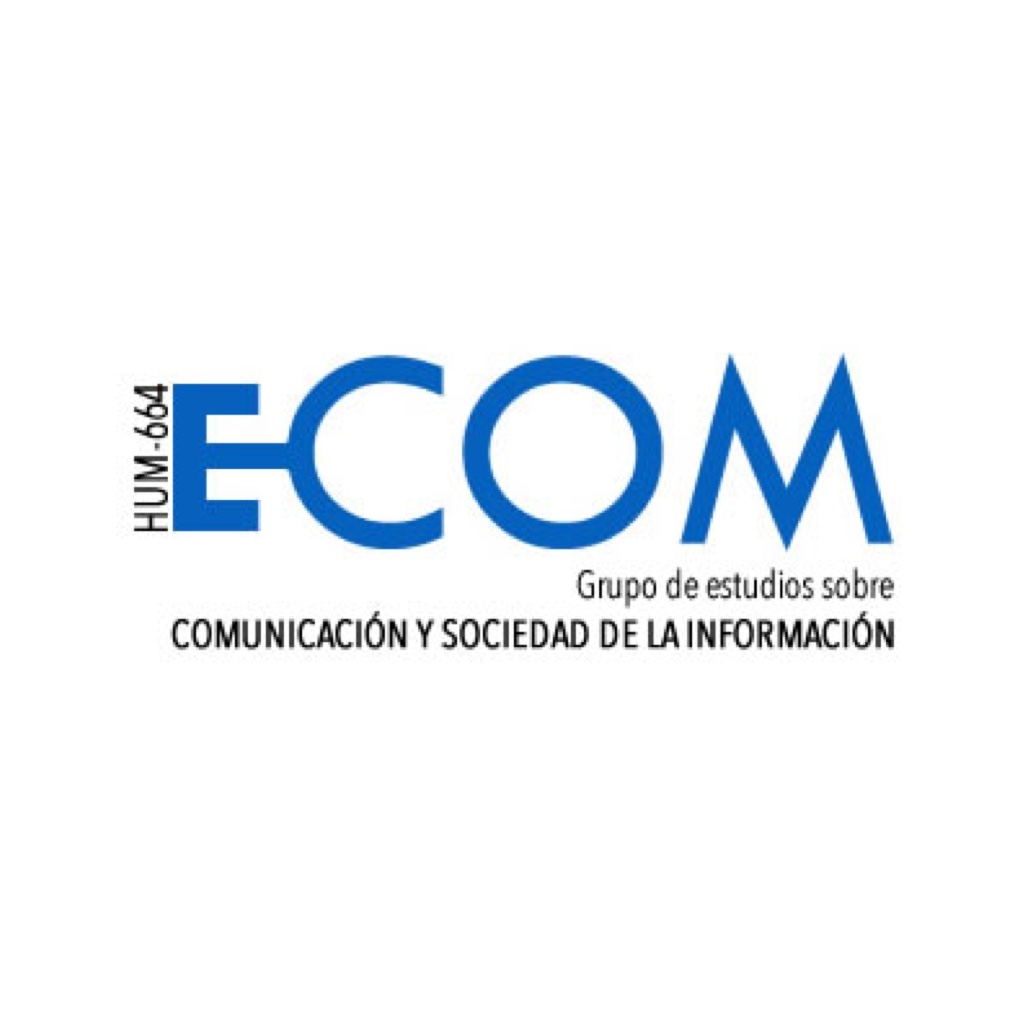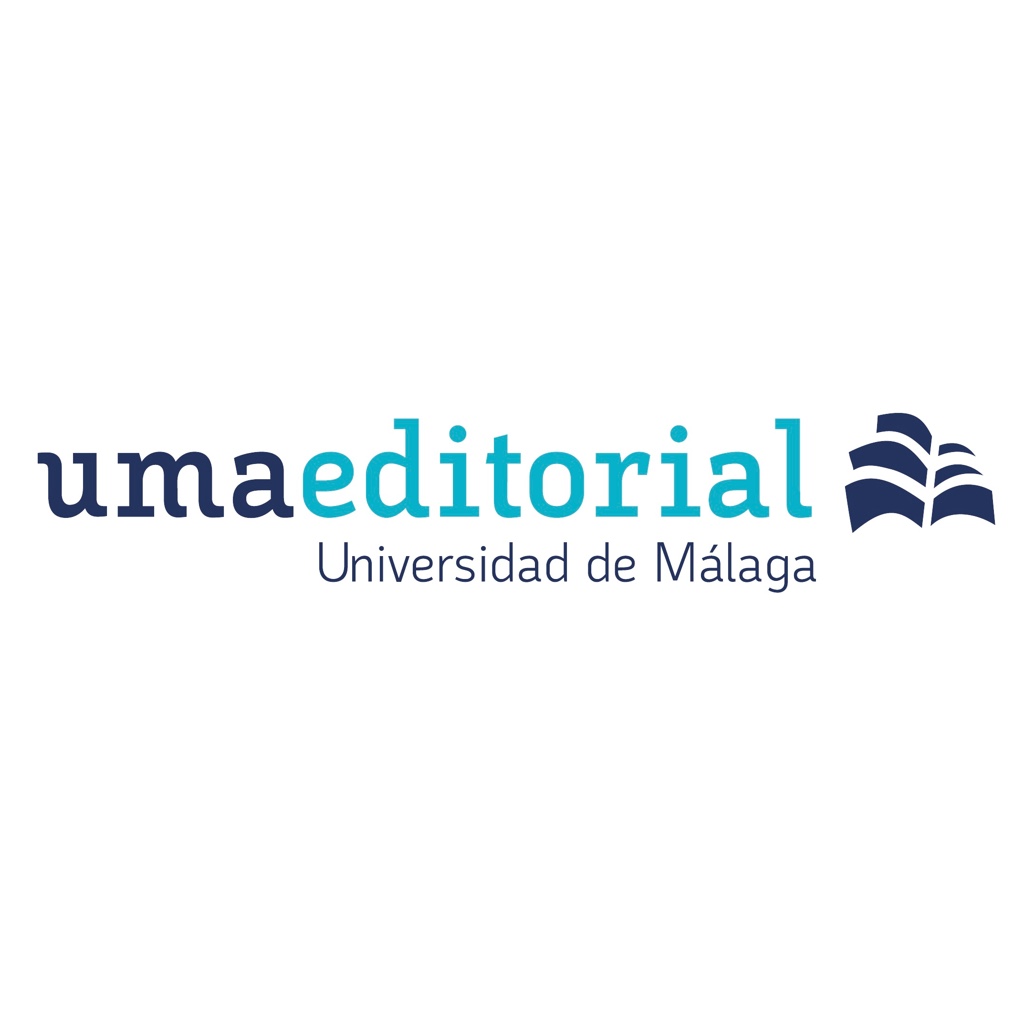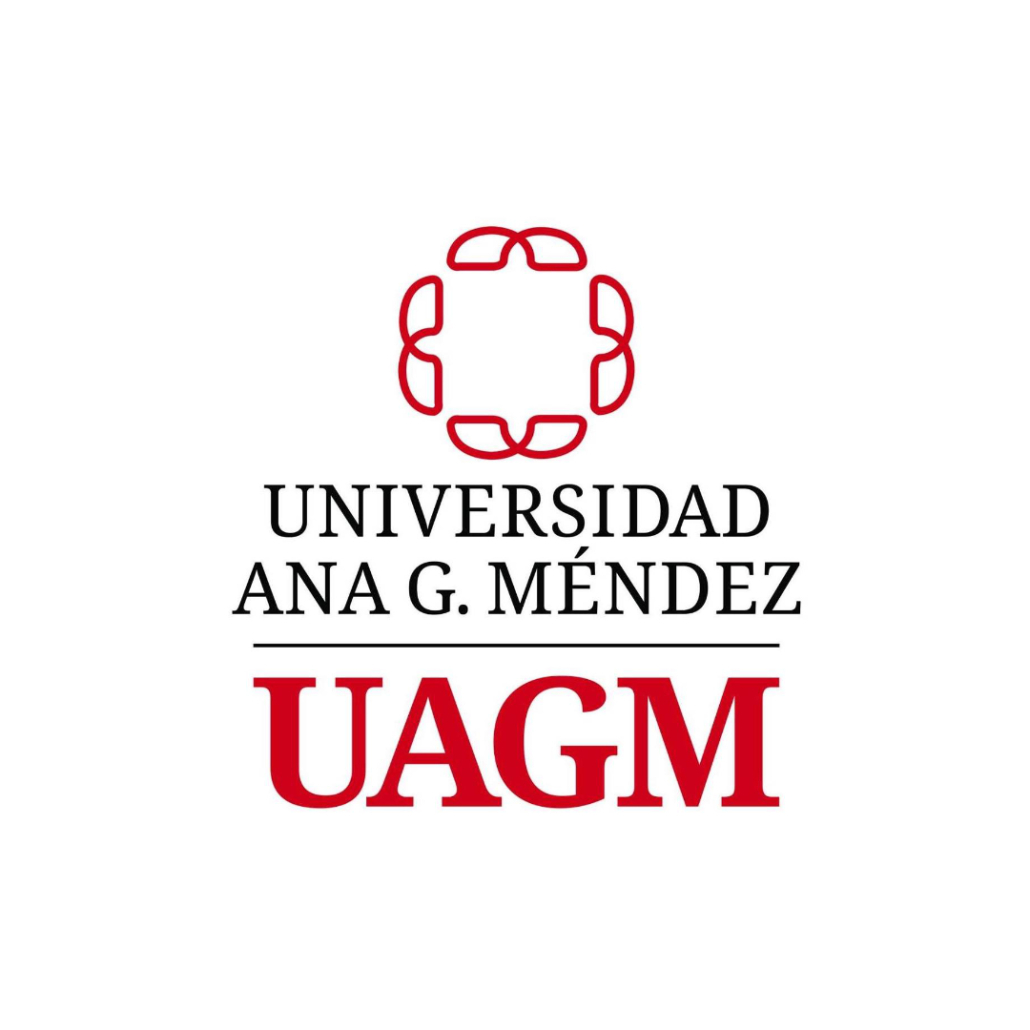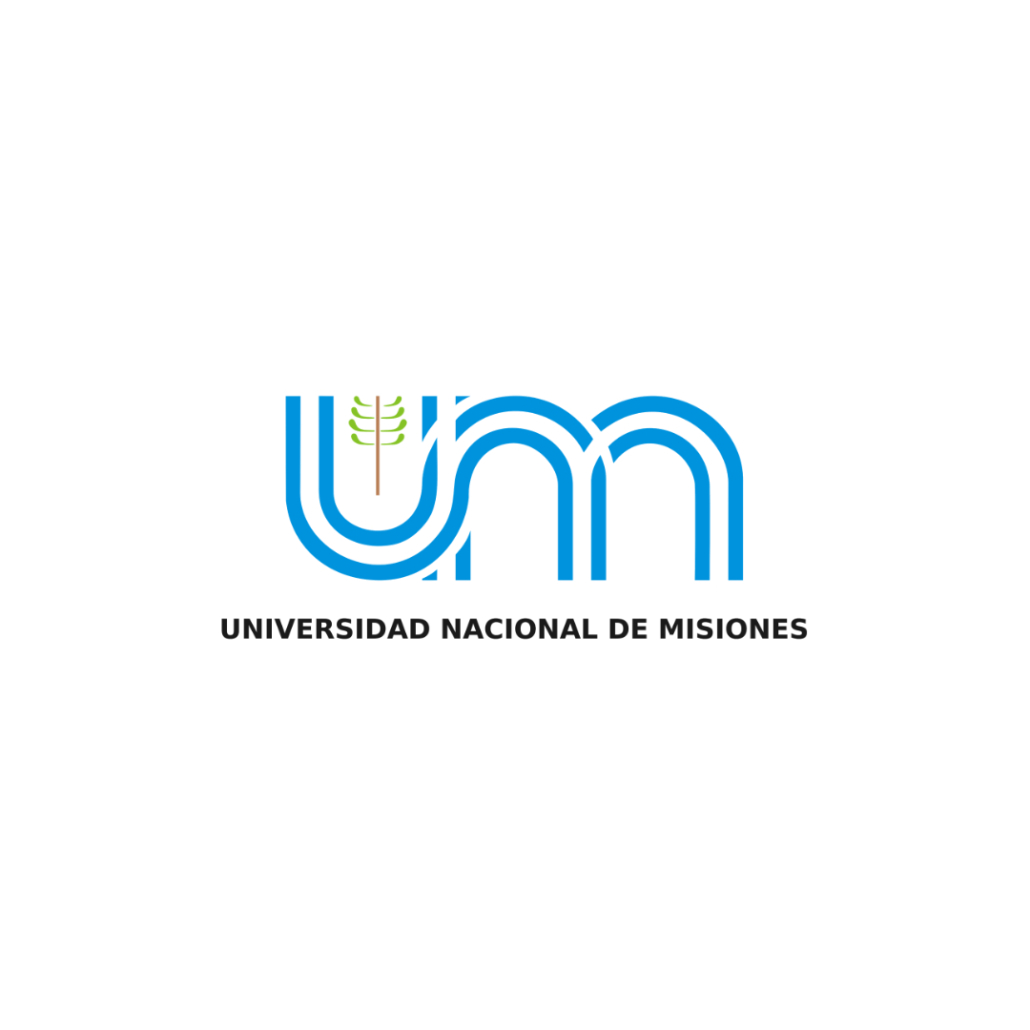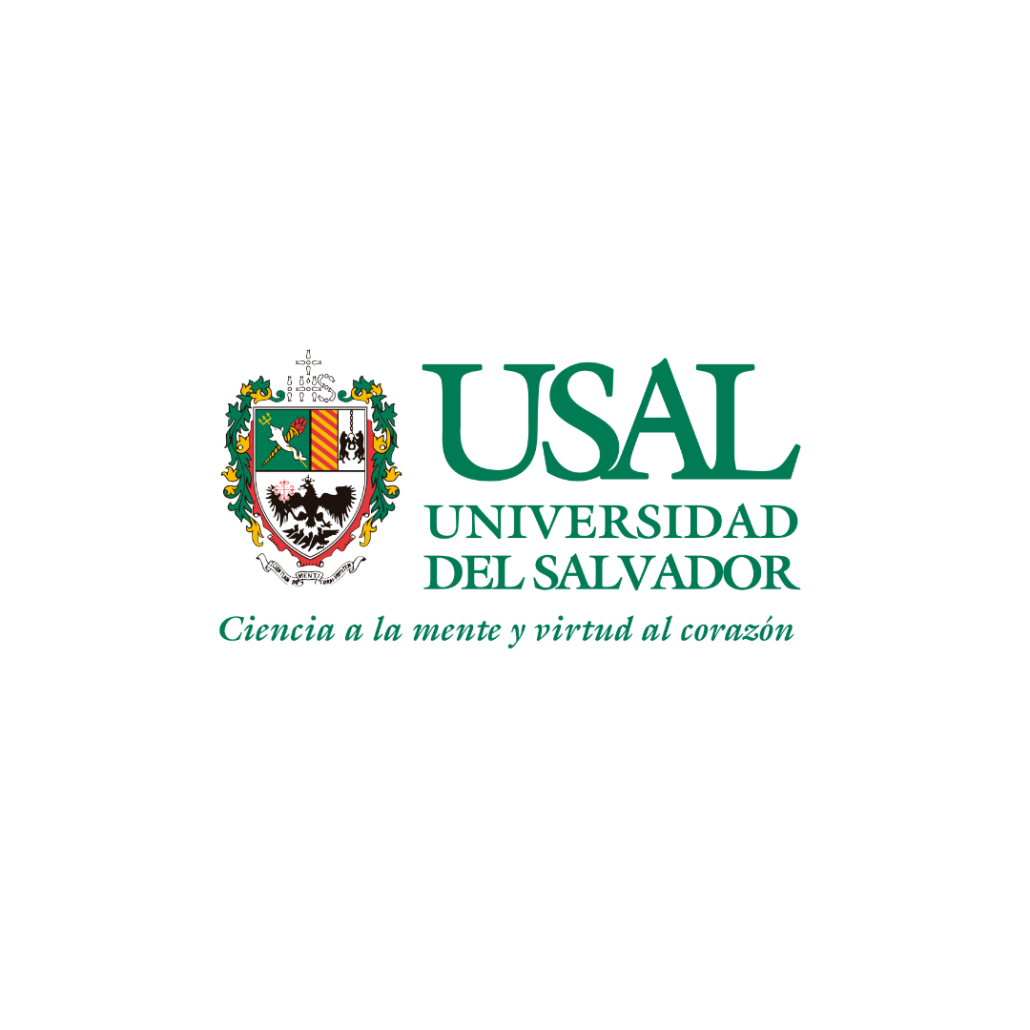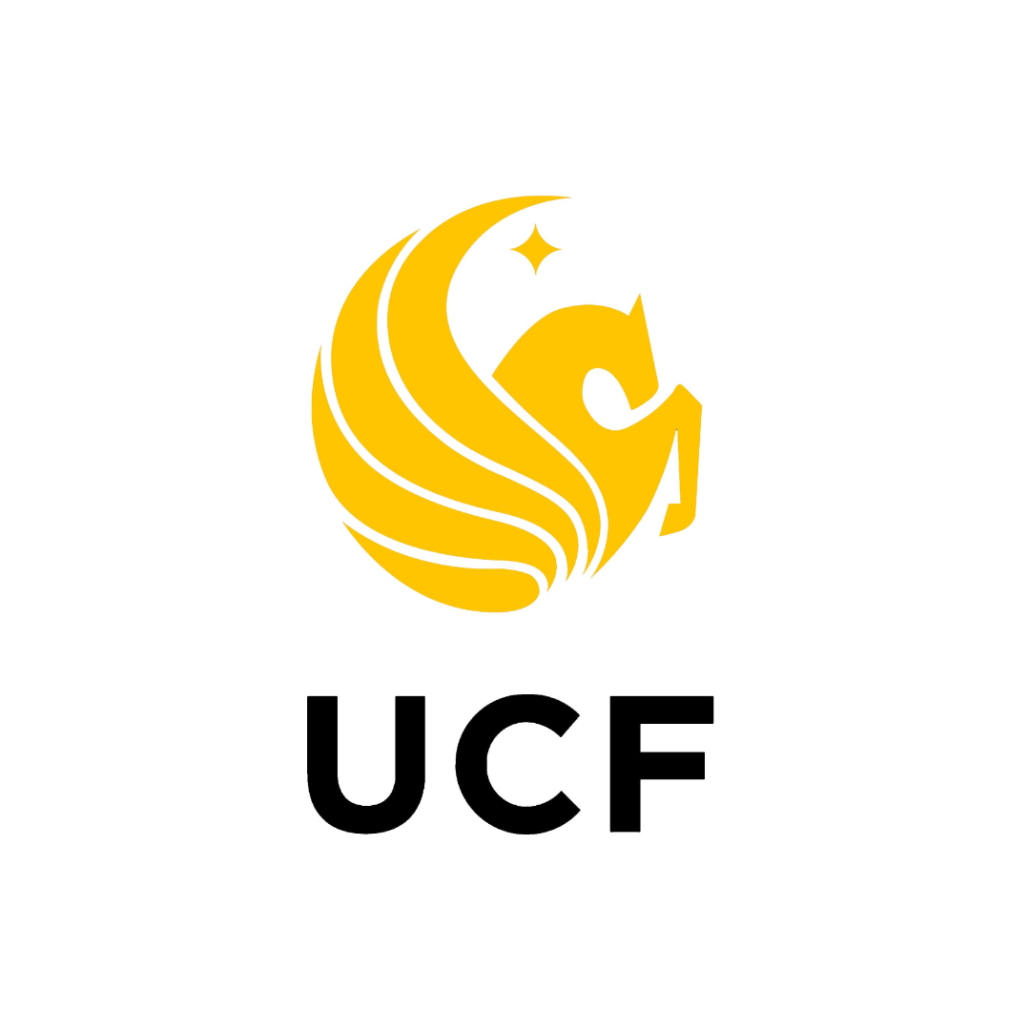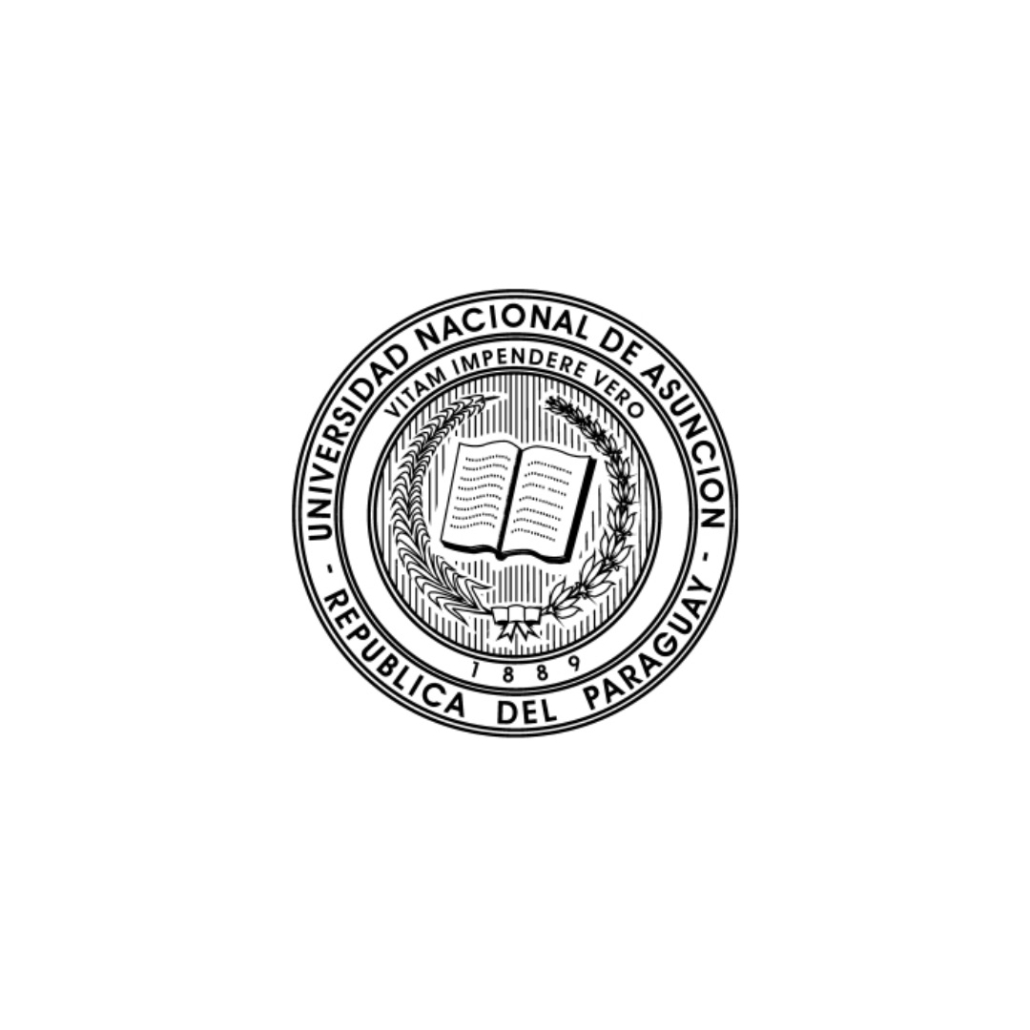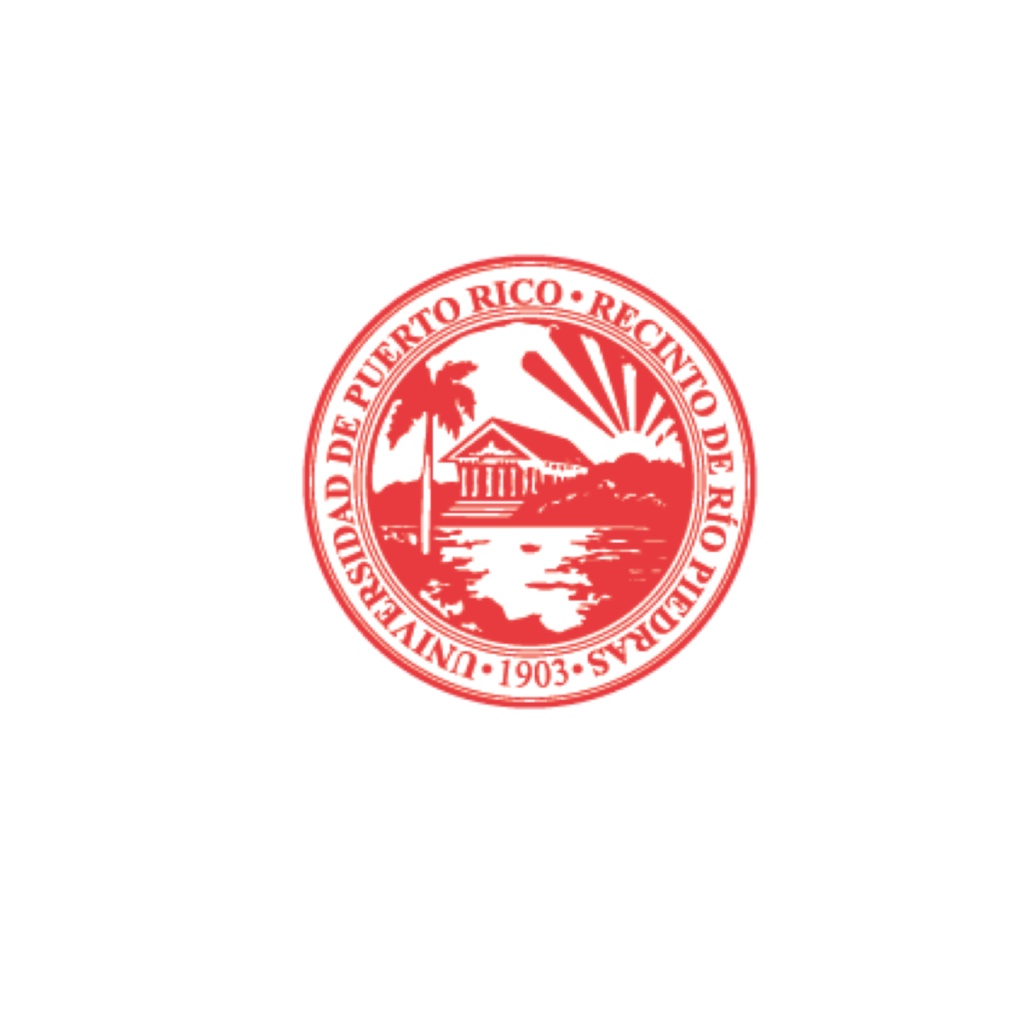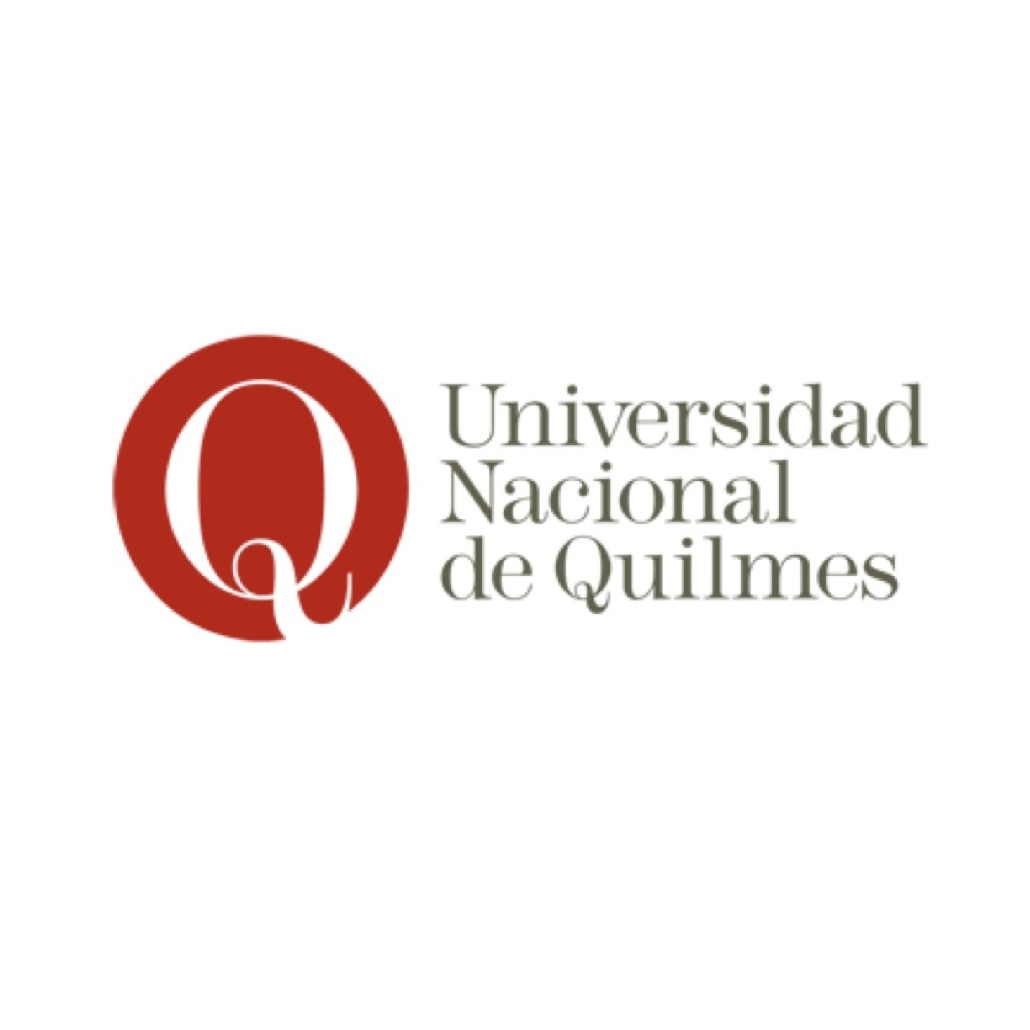Estudio bibliométrico sobre la confianza de la ciudadanía como valor o actitud durante la pandemia del covid-19
DOI:
https://doi.org/10.24310/TSN.2022.v7i14.17319Palabras clave:
Confianza interpersonal, confianza institucional, covid-19, análisis bibliométricoResumen
La confianza es un concepto con múltiples aristas que, además, varían notablemente en función de en qué o quién se deposita esta confianza. La irrupción de la pandemia del covid-19 ha sido un escenario de investigación que han aprovechado como experimento social diversos equipos internacionales para abordar un estado de la cuestión sobre la actitud y percepción de la ciudadanía. La presente revisión bibliográfica analiza, en relación con las áreas de la confianza que se han estudiado, si las investigaciones se han centrado en la confianza en las instituciones, en los gobiernos, en el sistema, en la sociedad o en las relaciones interpersonales. Además de qué aspectos de la confianza han sido estudiados durante las primeras oleadas de la pandemia, también se examinan qué técnicas de recogida de datos se han utilizado en un momento en que la movilidad estaba altamente limitada. Asimismo, se pretende averiguar si, ya que la crisis pandémica ha sido global, las poblaciones de todo el mundo han sido estudiadas de la misma forma o si hay áreas que no han sido objeto de estudios sociales.
Descargas
Métricas
Citas
Bargain, Olivier, y Aminjonov, Ulugbeck (2020): «Trust and Compliance to Public Health Policies in Times of COVID-19», en Journal of Public Economics. Doi: https://doi.org/10.1016/j.jpubeco.2020.104316
Bish, Alison, y Michie, Susan (2010): «Demographic and Attitudinal Determinants of Protective Behaviours during a Pandemic: A Review», en British Journal of Health Psychology, 15, pp. 797-824. Doi: https://doi.org/10.1348/135910710X485826
Bittmann, Felix (2021): «How Trust Makes a Difference: The Impact of the First Wave of the COVID-19 Pandemic on Life Satisfaction in Germany», en Applied Research in Quality of Life, 17 (3), pp. 1389-1405. Doi: https://doi.org/10.1007/s11482-021-09956-0
Cava, Maureen A.; Fay, Krissa E.; Beanlands, Heather J.; McCay, Elizabeth A.; y Wignall, Rouleen (2005): «Risk Perception and Compliance with Quarantine during the SARS Outbreak», en Journal of Nursing Scholarship, 37(4), pp. 343-347. Doi: https://doi.org/10.1111/j.1547-5069.2005.00059.x
Chan, Raymond K. H. (2021): «Tackling COVID-19 Risk in Hong Kong: Examining Distrust, Compliance and Risk Management», en Current Sociology Monograph, 69 (5), pp. 547-565. Doi: https://doi.org/10.1177/0011392121990026
COVID-19 National Preparedness Collaborators (2022): «Pandemic Preparedness and COVID-19: An Exploratory Analysis of Infection and Fatality Rates, and Contextual Factors Associated with Preparedness in 177 Countries, from Jan 1, 2020, to Sept 30, 2021», en The Lancet, 399 (10334), pp. 1489-1512. Londres. Doi: https://doi.org/10.1016/S0140-6736(22)00172-6
Durand Ponte, Víctor Manuel (2006): «Los determinantes y consecuencias de la desconfianza en México», en International Review of Sociology-Revue Internationale de Sociologie, 16:3, pp. 673-663. Doi: https://doi.org/10.1080/03906700600931434
Earle, T. C.; Siegrist, M.; y Gutscher, H. (2007): «Trust, Risk Perception and the TCC Model of Cooperation», en T. C. Earle, M. Siegrist y H. Gutscher: Trust in Risk Management. Uncertainty and Scepticism in the Public Mind, pp. 1-50. Londres, Nueva York: Earthscan.
Edelman (2021): 21st Annual Edelman Trust Barometer. Nueva York.
Elgar, Frank J.; Stefaniak, Anna; Wohl, Michael J. A. (2020): «The Trouble with Trust: Time-Series Analysis of Social Capital, Income Inequality, and COVID-19 Deaths in 84 Countries», en Social Science & Medicine (263). Doi: https://doi.org/10.1016/j.socscimed.2020.113365
Espinoza-Bianchini, Gonzalo (2018): «Informados y confiados: el efecto del consumo de medios de comunicación tradicional y digital sobre la confianza de los chilenos en 2015», en Revista Chilena de Derecho y Ciencia Política, vol. 9, 1. Doi: https://portalrevistas.uct.cl/index.php/RDCP/article/view/1293/1610
Estella de Noriega, Antonio (2020): Confianza institucional en América Latina: un análisis comparado. Fundación Carolina.
Flores, Margarita, y Rello, Fernando (2001): Capital social: virtudes y limitaciones. Ponencia presentada en la Conferencia Regional sobre Capital Social y Pobreza. Santiago de Chile: CEPAL y Universidad del estado de Míchigan, 24-26 de septiembre de 2001.
Freimuth, Vicki S.; Musa, Don; Hilyard, Karen; Crouse-Quin, Sandra; y Kim, Kevin (2014): «Trust During the Early Stages of the 2009 H1N1», en Journal of Health Communication, International Perspectives, vol. 19, issue 3, pp. 321-339.
Gonçalves, Gisela; Piñeiro-Naval, Valeriano; y Persici-Toniolo, Bianca (2021): «Who Do the Portuguese Trust? Government Communication Management in the Covid-19 Pandemic», en Cominicaçao e Sociedade, 40, pp. 169-187. ISSN: 2183-3575. Doi: https://doi.org/10.17231/comsoc.40(2021).3251
Güemes, Cecilia (2019): «“Wish You Were Here”, confianza en la administración pública en Latinoamérica», en Revista de Administraçao Pública, 53 (6), pp. 1067-1090. Doi: http://dx.doi.org/10.1590/0034-761220180230
Guterres, António (2019): Remarks at Opening of the 74th Session of the UN General Assembly. UN General Assembly.
Harring, Niklas; Jagers, Sverker C.; y Löfgrenb, Åsa (2021): «COVID-19: Large-Scale Collective Action, Government Intervention, and the Importance of Trust», en World Development, 138 (105236). Doi: https://doi.org/10.1016/j.worlddev.2020.105236
Jang, Kyungeun, y Baek, Young Min (2019): «When Information from Public Health Officials is Untrustworthy: The Use of Online News, Interpersonal Networks, and Social Media during the MERS Outbreak in South Korea», en Health Communication, 34:9, pp. 991-998. Doi: https://doi.org/10.1080/10410236.2018.1449552
Jennings, Will; Stoker, Gerry; Valgarðsson, Viktor; Devine, Daniel; y Gaskell, Jennifer (2021): «How Trust, Mistrust and Distrust Shape the Governance of the COVID-19 Crisis», en Journal of European Public Policy.
Ji, Bin, y Long, Ruyin (2022): «International Research Progress and Evolution Trend of Interpersonal Trust—Prospects under COVID-19 Pandemic», en Sustainability (14, 987). Doi: https://doi.org/10.3390/su14020987
Latinobarómetro (2021): Informe 2021. Santiago de Chile. Doi: https://www.latinobarometro.org/latContents.jsp
Latkin, Carl A.; Dayton, Lauren; Yi, Grace; Konstantopoulos, Arianna; y Boodram, Basmattee (2021): «Trust in a COVID-19 Vaccine in the US: A Social-Ecological Perspective», en Social Science & Medicine (270). Doi: https://doi.org/10.1016/j.socscimed.2021.113684
Lewandowsky, Stephan; Gignac, Guilles E.; y Oberauer, Klaus (2013): «The Role of Conspiracits Ideation and Worldviews in Predicting Rejection of Science», en Plos One, 8 (10). Doi: https://doi.org/10.1371/journal.pone.0075637
Mansoor, Mahnaz (2021): «Citizens' Trust in Government as a Function of Good Governance and Government Agency's Provision of Quality Information on Social Media During COVID-19», en Government Information Quarterly, 38 (4:101597). Doi: https://doi.org/10.1016/j.giq.2021.101597
Moreno-Castro, Carolina; Vengut-Climent, Empar; Mendoza-Poudereux, Isabel; Cano-Orón, Lorena; y Serra-Perales, Ana (2021): Which Has more Influence on the Spaniard’s Citizens Dieting: The Media’s Information and Social Networks, Health Professionals or Close Experiences Of Relatives and Friends? (Participatory Science Communication and Citizen Science). Public Communication of Science and Technology, PCST2021, Conference-Aberdeen, 28 de abril de 2021.
Reierse, Jon; Roll, Kristin; Dylan-Williams, Jesse; y Carlsson, Michael (2022): «Trust: A double-Edge Sword in Combating the COVID-19 Pandemic?», en Frontiers in Communication, 7 (41). Doi: https://doi.org/10.3389/fcomm.2022.822302
Rennó, Lucio R. (2001): «Confiança interperssoal e comportamento político: microfundamentos da teoria do capital social na América Latina», en Opiniâo Pública, vol. VII, núm. 1, pp. 33-59. Doi: https://doi.org/10.1590/S0104-62762001000100003
Rožukalne, Anda; Kleinberga, Vineta; Tifentale, Alise; y Strode, Ieva (2022): «What is the Flag We Rally Around? Trust in Information Sources at the Outser of the COVID-19 Pandemic in Latvia», en Social Science, 11:123. Doi: https://doi.org/10.3390/socsci11030123
Schradd, Dominik (2021): «Political Trust during the Covid-19 Pandemic: Rally around the Flag or Lockdown Effects?», en European Journal of Political Research, 60, pp. 1007-1017. Doi: https://doi.org/10.1111/1475-6765.12425
Tan, Micah; Straughan, Paulin T.; y Cheong, Grace (2022): «Information Trust and COVID-19 Vacciones Hesitancy amongst Middle-Aged and Older Adults in Singapore: A Latent Class Analysis Approach», en Social Science & Medicine, 296 (114767). Doi: https://doi.org/10.1016/j.socscimed.2022.114767
The Lancet (2020): «Covid-19 in Latin America: A Humanitarian Crisis», en Lancet, 396, 1463.
Tyler, Tom R. (2016): «Trust in the Twenty-First Century», en Interdisciplinary Perspectives on Trust, pp. 203-215. Springer, Cham.
Vermeer, Susan; Kruikemeier, Sanne; Trilling, Damian; y De Vreese, Claes (2022): «Using Panel Data to Study Political Interest, News Media Trust, and News Media Use in the Early Stages of the COVID-19 Pandemic», en Journalism Studies, 23:5-6, pp. 740-760. Doi: https://doi.org/10.1080/1461670X.2021.2017790
Villarroel-Saavedra, Víctor; Arebalo-López, Mónica; y Dauby, Nicolás (2021): «The Heavy Toll of COVID-19 in Bolivia: A Tale of Distrust, Despair, and Health Inequalities», en Am. J. Trop. Med. Hyg, 104 (5), pp. 1607-1608. Doi: https://doi.org/10.4269%2Fajtmh.21-0097
World Health Organization (WHO), 2020: Director-General's Opening Remarks at the Media Briefing on COVID-19 — 11 March 2020, https://www.who.int/director-general/speeches/detail/who-director-general-s-opening-remarks-at-the-media-briefing-on-covid-19---11-march-2020
Yousefinaghani, Samira; Dara, Rozita; MacKay, Melissa; Papadopoulos, Andrew; y Sharif, Shayan (2022): «Trust and Engagement on Twitter during the Management of COVID-19 Pandemic: The Effect of Gender and Position», en Frontiers of Sociology, 7:811589. Doi: https://doi.org/10.3389%2Ffsoc.2022.811589
Zaki, Bishoy Louis; Nicoli, Francesco; Wayenberg, Ellen; y Verschuere, Bram (2022): «In Trust We Trust: The Impact of Trust in Government on Excess Mortality during the COVID-19 Pandemic», en Public Policy and Administration, 37 (2), pp. 226-252. Doi: https://doi.org/10.1177/09520767211058003
Zeballos-Rivas, Diana Reyna; López-Jaldin, Marinalda Lidia; Nina-Canaviri, Blanca; Portugal-Escalante, Luisa Fabiola; Alanes-Fernández, Ángela M. C.; y Aguilar-Ticona, Juan Pablo (2021): «Social Media Exposure, Risk Perception, Preventive Behaviors and Attitudes during the COVID-19 Epidemic in La Paz, Bolivia: A Cross Sectional Study», en Plos One 16 (1): e0245859. Doi: https://doi.org/10.1371/journal.pone.0245859
Zinn, Jens O. (2008): «Heading into the Unkown: Everyday Strategies for Managing Risk and Uncertainty», en Health, Risk & Society, 10 (5), pp. 439-450. Doi: https://doi.org/10.1080/13698570802380891
Publicado
Cómo citar
Número
Sección
Licencia
Derechos de autor 2022 TSN. Transatlantic Studies Network

Esta obra está bajo una licencia internacional Creative Commons Atribución-NoComercial-CompartirIgual 4.0.

